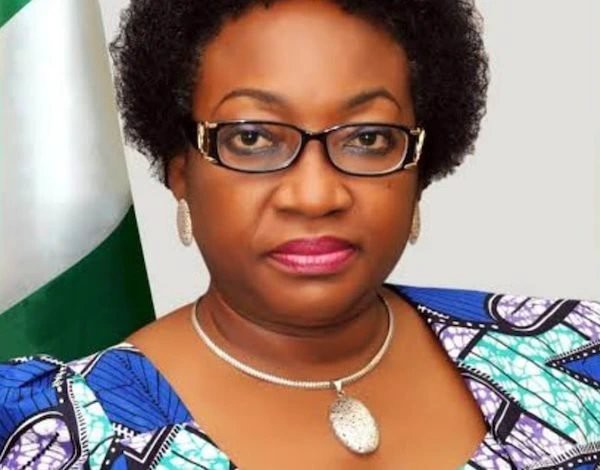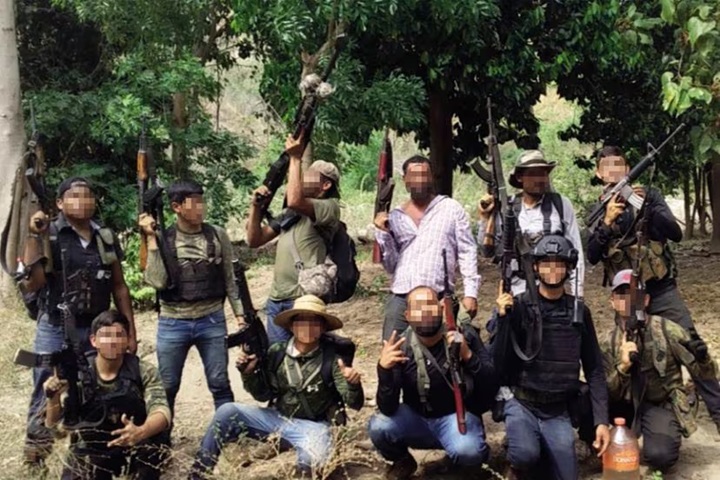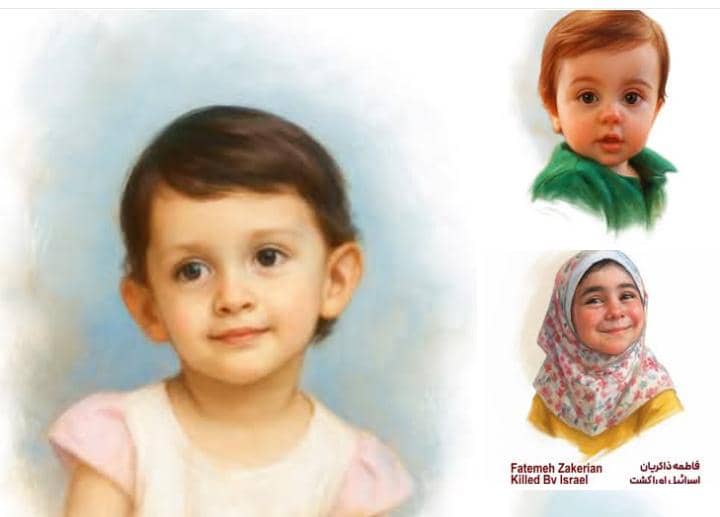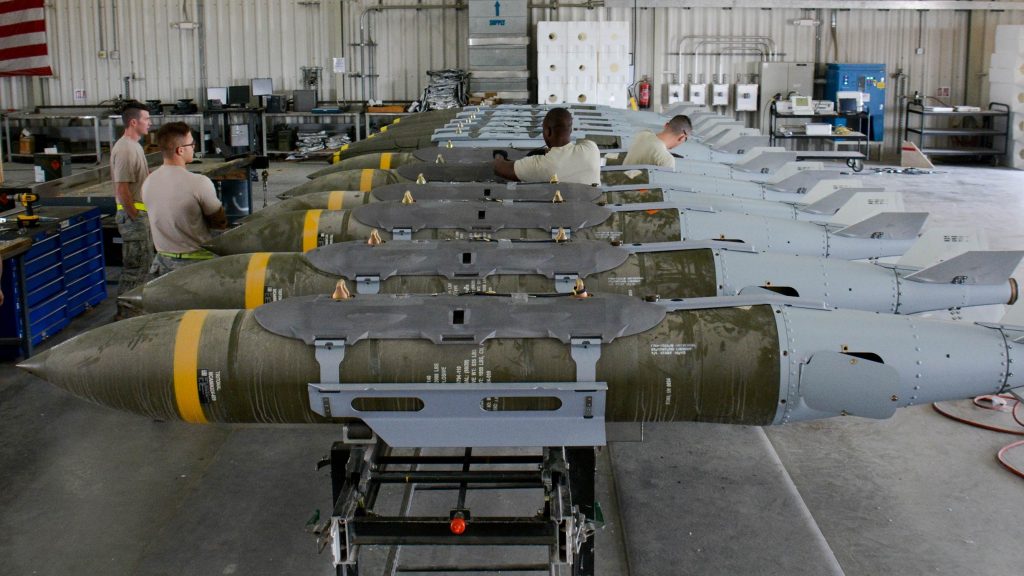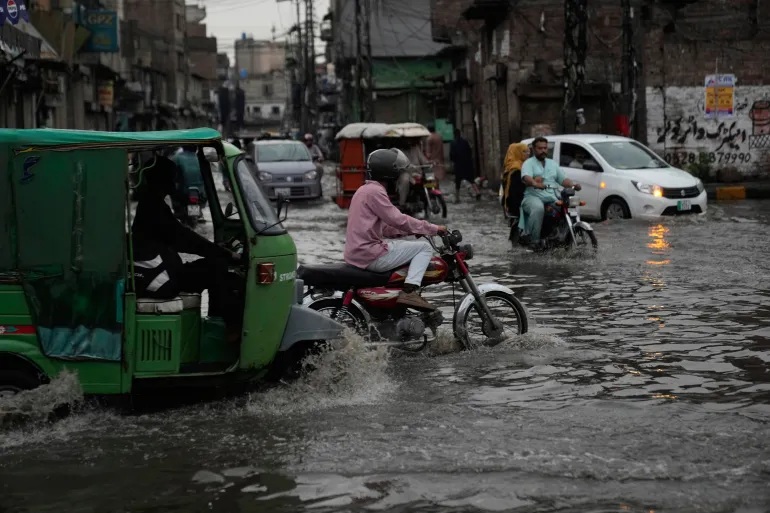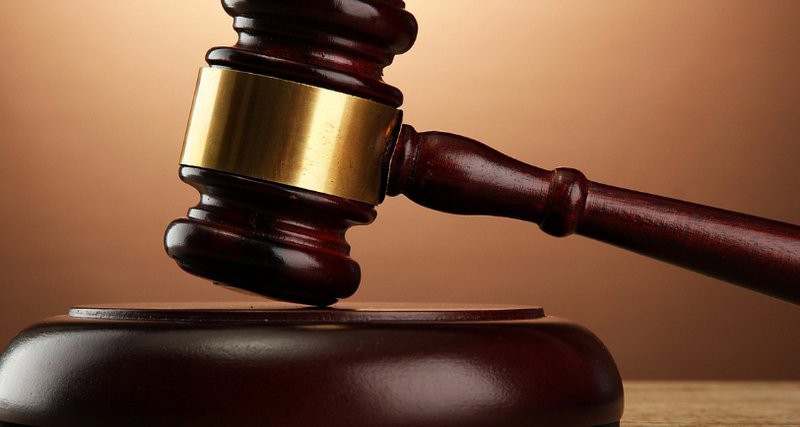Featured
Nigeria’s water crisis: 71% lack access to clean drinking water

The World Health Organization (WHO) and UNICEF’s Joint Monitoring Programme (JMP) for Water Supply, Sanitation and Hygiene, on Friday, May 2, 2025, said Nigerians lack access to clean and safe drinking water.
According to its report, only 29% of Nigerians have access to clean drinking water.
This percentage is defined as having drinking water from an improved source that is:
1. Accessible on premises
2. Available when needed
3. Free from faecal and priority chemical contamination
Global Comparison
The global average stands at 73%, with some countries achieving 100% access to clean drinking water.
These countries include France, Denmark, Spain, Finland, Sweden, the UK, the Netherlands, Germany, Iceland, and New Zealand.
Other countries with high percentages include:
– 97%: Switzerland, USA
– 99%: Japan, Norway, Austria, Canada, South Korea
Countries with Lower Access Rates
Some countries with lower access rates to clean drinking water include:
- Chad and Central African Republic: 6%
- Sierra Leone: 10%
- Ethiopia: 13%
- Uganda: 19%
Definition of Improved Water Sources
Improved water sources include:
- Piped water
- Boreholes or tubewells
- Protected dug wells
- Protected springs
- Packaged or delivered water
According to WHO/UNICEF Joint Monitoring Programme (JMP) for Water Supply, Sanitation and Hygiene, 2022.
IMPLICATIONS OF LACKING ACCESS TO CLEAN AND SAFE DRINKING WATER
Lacking access to clean drinking water has severe implications on health, economy, education and overall well-being. Some of the key consequences include
Health Risks:
- Waterborne diseases: Contaminated water can lead to cholera, diarrhea, dysentery, hepatitis A, typhoid and polio.
- Mortality rates: Approximately 1 million people die annually from water-related diseases, with children under five being disproportionately affected.
- Malnutrition: Poor sanitation and hygiene can lead to diarrheal diseases, which contribute to malnutrition and stunting in children.
Economic Impacts:
- Lost productivity: Time spent collecting water can limit economic opportunities, particularly for women and girls.
- Healthcare costs: Treating waterborne diseases can be costly, further exacerbating poverty.
Educational Consequences:
- Absenteeism: Lack of access to clean water and sanitation facilities in schools can lead to increased absenteeism, particularly among girls.
- Limited opportunities: Inadequate sanitation facilities can hinder girls’ education, perpetuating gender inequality.
Social and Environmental Impacts:
- Gender-based violence: Women and girls may face increased risks of harassment and violence while collecting water or using inadequate sanitation facilities.
- Environmental degradation*: Inadequate water management can lead to pollution, depletion of water resources and environmental degradation.
Overall, ensuring universal access to clean drinking water is crucial for achieving sustainable development, promoting health and well-being, and reducing poverty and inequality.
EFFORTS OF NIGERIAN GOVERNMENT ON CITIZENS’ ACCESS TO CLEAN DRINKING WATER
The Nigerian government acknowledged the country’s water crisis and had taken steps in the past to address it.
Here are some key points about the government’s position in years past:
Declaration of State of Emergency: In 2018, the government declared a state of emergency in the Water, Sanitation, and Hygiene (WASH) sector due to the alarming lack of access to clean drinking water and sanitation facilities.
National Action Plan: The government launched a 13-year National Action Plan for the Revitalization of Nigeria’s Water Supply, Sanitation, and Hygiene (WASH) Sector, aiming to ensure universal access to sustainable and safely managed WASH services by 2030.
Investment in Water Infrastructure: The government plans to invest 1.60 trillion naira over five years to provide water and sanitation to 90% of the population.
In 2021, the government built around 2,300 water points and 6,546 hygiene facilities and sanitation compartments nationwide.
Collaboration with International Organizations: The government is working with organizations like the World Bank to improve access to clean water and sanitation.
The World Bank’s Nigeria Sustainable Urban And Rural Water Supply, Sanitation And Hygiene (SURWASH) Program aims to provide 6 million Nigerians with basic drinking water services and support 1.4 million in accessing improved sanitation services.
Challenges: Despite these efforts, challenges persist, including inadequate funding, poor infrastructure, and corruption.
The government’s budget for water and sanitation infrastructure is below the global standard, and duplication and inefficiency result from poor coordination of water and sanitation initiatives.
Some statistics highlighting the severity of the issue include:
60 million Nigerians lack access to basic drinking water
80 million people lack access to improved sanitation facilities
167 million can’t access basic handwashing facilities
29% of Nigerian children experience high or extremely high water vulnerability
Overall, while the Nigerian government has shown commitment to addressing the water crisis, more needs to be done to ensure universal access to clean and safe drinking water.
For Diaspora Digital Media Updates click on Whatsapp, or Telegram. For eyewitness accounts/ reports/ articles, write to: citizenreports@diasporadigitalmedia.com. Follow us on X (Fomerly Twitter) or Facebook



